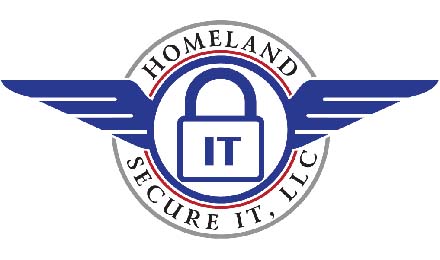
HP StorageWorks RDX Technology
When selecting a backup solution, you may be considering one of the following:
LTO, DLT, DAT Tape – The de facto standard in backup media for business and enterprise. Though it is growing a little long in the tooth, the format has proven itself to be reliable and affordable when you consider the lifetime of the drive and the media. These are available in a variety of flavors, from SCSI, to SATA, internal and external. And for those needing massive storage and speed, there are enormous auto-loaders such as 96 slot HP LTO 5 fiber channel systems.
Iomega REV removable cartridge systems – Outdated, no longer sold or supported by Iomega. (You can still buy media)
Portable hard drives – While these seem attractive because they are cheap and available at every office supply house in town, the reliability of these devices is not idea for mission critical solutions. The constant plugging and unplugging of USB cables can wear connectors out prematurely and there is the slight possibility that a server can be damaged by static when plugging in a drive. Most IT people feel this is a better solution than no solution at all.
Remote Backup or In-The-Cloud backup – We offer Servosity Online Backup and feel it is a great addition to any existing hardware backup system you may have, and could serve as your primary backup if so desired. These are affordable solutions that require very little hands-on time.
Network based disk storage – These are awesome for speed, and convenience, but they generally remain on site and in the event of a catastrophic disaster such as fire, flood, or even theft, you could be left with no backup. This falls under the “much better than nothing” category.
Flash drives and other non-volatile storage media, including CD & DVD – Again, this better than nothing and surely works for small amounts of data, but longevity may be in question. CDs and DVDs have a lifespan after written to, usually of only a few years, making long term archival use impossible. Flash drives are great to make a quick backup, but there are occurrences of people losing data on one from high powered RF devices erasing them. Probably not a solution for most businesses.
A plethora of other technologies exist, but one that has been gaining momentum in the business and enterprise market is RDX.
RDX, or Removable Disk Technology is based around a docking station that accepts an RDX cartridge. The cartridge encases and protects a hard drive. RDX cartridges come in many sizes, whether you need 160GB or 1.5TB, there is bound to be one that fits your data needs.
What makes RDX different from a typical portable or removable drives? It is a “hardened” solution that encloses the hard drive and enables it to take a drop of up to 1 meter. These systems also offer protection from static discharge. A typical RDX can move upwards of a 100GB an hour. If you outgrow the the original size cartridge, you can begin replacing them with larger capacity as the dock is backwards and forwards compatible with any other RDX cartridge.
RDX is a standard that allows you to purchase cartridges from any manufacture to use in your system. It also offers a shelf life of up to 30 years, allowing you to archive your data and know that if the IRS audits you, you can access it.
No need to upgrade your current backup software in most cases when switching to RDX as the technology is already supported in most backup applications such as Symantec Backup Exec!
If you are looking for a backup solution, whether it is your first, or an upgrade of a current system, then you may wish to give RDX a close look. Call us at 864.990.4748 or email info@homelandsecureit.com. We offer RDX products from HP, Imation, Lenovo, and Quantum to name a few. We offer a free evaluation in Greenville and the Upstate of South Carolina.
